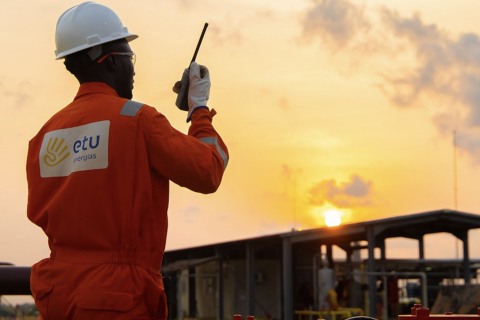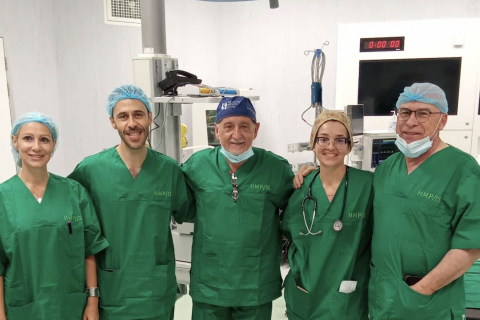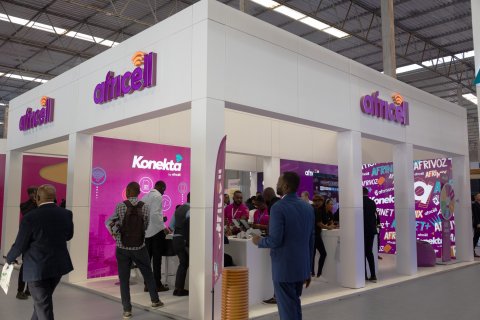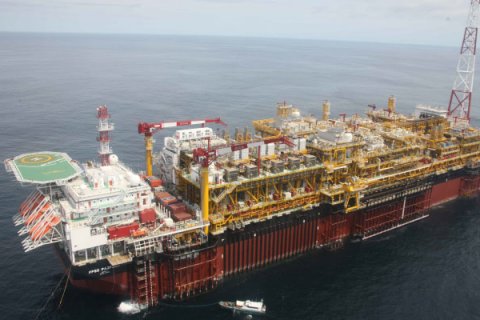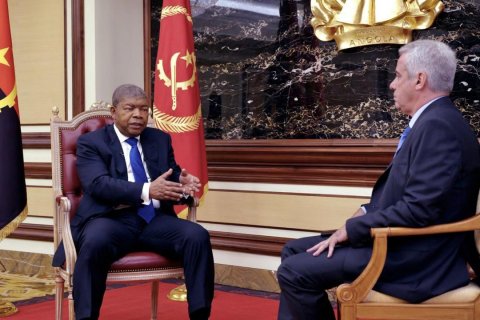Luís Ceia told Lusa that this is the 13th consecutive year that AEP has participated in the 40th edition of the Angola International Fair (Filda), which began this Tuesday and runs until Sunday in the province of Icolo e Bengo. 15 companies from the metalworking, food products, construction, and other sectors are present.
"Right now, we still have rough numbers, but it shows a trend of growth and even of Angolan investment in Portugal, which is important. Even in a period that may feel less positive, I think there are positive data to be taken into account," he said.
According to Luís Ceia, the goal is to showcase the best of Portuguese companies to a market "as important" to Portugal as Angola, "not only because of its size and language, but also because of mutual trust."
"We have been investing in the Angolan market for many years, bringing and supporting companies from various sectors, from all over the country," said the AEP vice president, emphasizing that many companies have already thrived in the Angolan market.
The firm objective of Portuguese companies at the fair, emphasized Luís Ceia, "is to increase their range of suppliers, customers, and contacts, which ultimately results in more investment and, above all, more wealth creation for both countries."
The association leader emphasized that the participation of Portuguese companies has remained almost the same compared to the previous edition, admitting that a few years ago the Portuguese presence was larger, which may indicate the natural growth of companies.
"Many of those who came with us in groups, here in the Portuguese pavilion and sharing this space we created, are already establishing themselves individually in other pavilions and with other productions, gaining new strength. That's what we hope, that some of those who are here with us will be able to come individually in future years," he explained.
In turn, the executive director of the Portuguese Agency for Investment and Foreign Trade (AICEP), Paulo de Oliveira, celebrated Filda's 40th anniversary and Angola's 50th anniversary of independence, thanking the Portuguese companies for their representation.
Paulo Oliveira emphasized that this was a day dedicated to Portugal at Filda, and they intend to convey to Portuguese companies the support of AICEP and the Angolan authorities, which are important in welcoming them.
"We know there are major challenges and high contextual costs. Angola is not for amateurs; it is for resilient people, committed entrepreneurs," he stated.
Paulo Oliveira believes that, despite the challenges, the Angolan market remains attractive to Portuguese companies, emphasizing that "Portugal is a long-standing, present, and future partner of Angola," present in many sectors, from construction to healthcare, insurance, agri-food, industry, and services.
One of the companies participating in Filda is Ventisec, founded 35 years ago, linked to the agribusiness industry, with operations in Angola since 2018. According to its director, José Botelho, the objective is to identify new customers by showcasing its products, such as cereal dryers, cleaning machines, rice husking machines, among others.
"We are in the market, we accept the challenges, the invitations that exist to participate (...) we believe in this business, in this country, where there is a lot to be done," he stated.
Lacto Serra, which has been selling to Angola for four years, is participating in Filda with the expectation of, after several years of presence, consolidating business with current clients and seeking new ones, said commercial director Miguel Espírito Santo.
"We have a solid, growing company. Our focus on the Angolan market has also contributed somewhat to this growth. Over the years, we have improved the Angolan market, and we hope that this year will be another year of continuing this work," he emphasized.
Susana da Silva, director of Cacicambra, a leader in the arms sector, said they are participating in Filda again after a hiatus, noting that exports to Angola are not high, but consistent, with partnerships that have been in place for over 20 years.
She highlighted the transition period that national private security companies are experiencing, ceasing to use military weapons and replacing them with defense weapons, an opportunity for Cacicambra.


